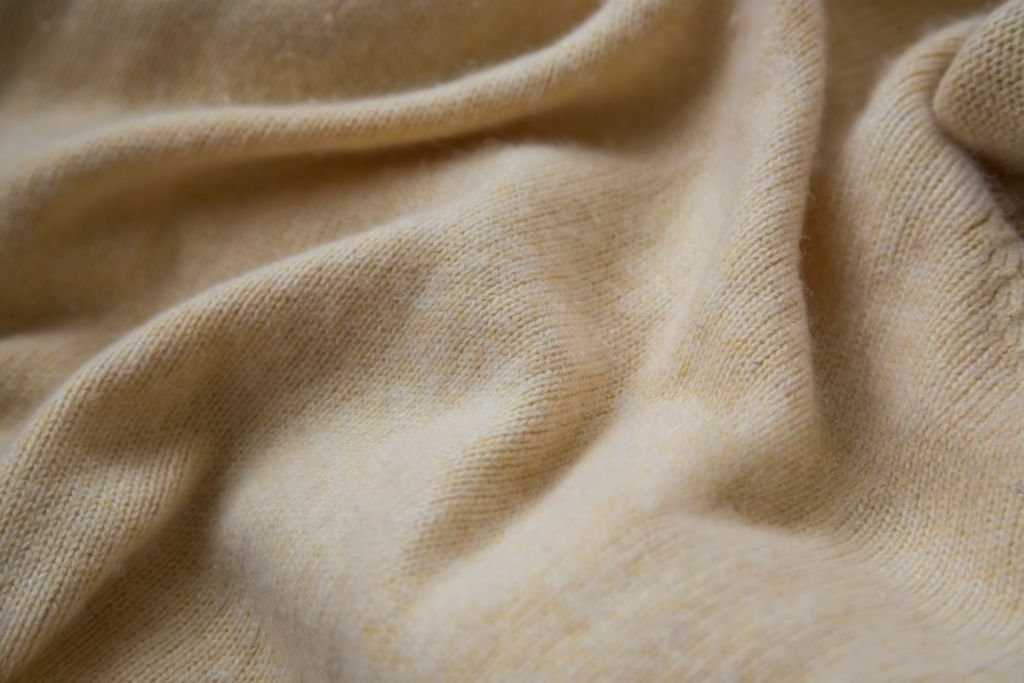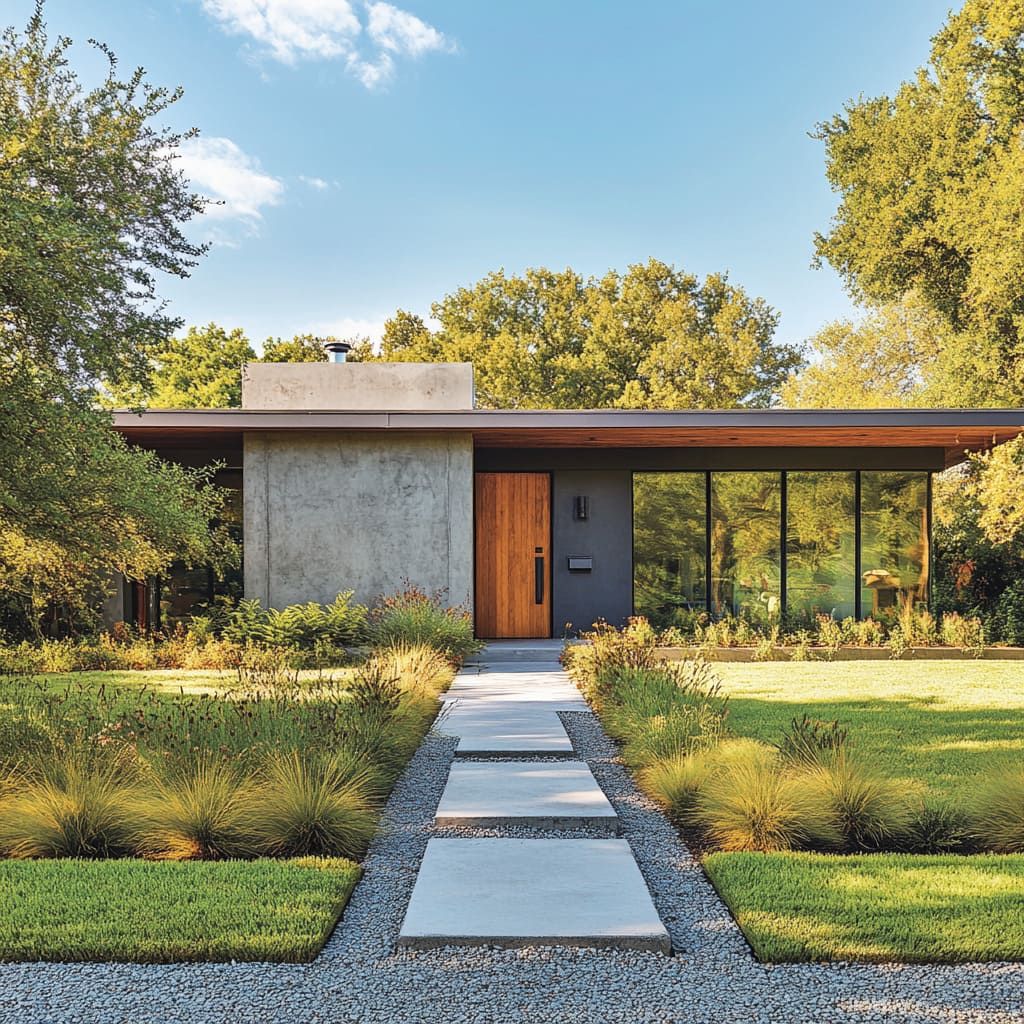Why Materials Matter

Why Non-Toxic Home Building Matters
New homes look fresh as heck, but beneath there often lies a toxic truth: most are built with materials that off-gas harmful chemicals for years. Formaldehyde in flooring. VOCs in paint. Flame retardants in insulation. These compounds don’t just smell weird they impact your air quality, your hormones, your sleep, and your long-term health.
If you're building a home in 2025, non-toxic isn't a luxury. It's a necessity.
At Enso Homes, we believe wellness starts where you wake up. That’s why we build high-design homes using materials that are clean, sustainable, and engineered for true well-being.
The Hidden Toxins in Most New Homes
1. VOCs (Volatile Organic Compounds) Found in: paints, sealants, adhesives, cabinetry, furniture
VOCs off-gas for months (or years), and are linked to headaches, respiratory issues, and even long-term neurological damage. Paint is one of the biggest culprits, which is why we only use zero-VOC finishes.
2. Formaldehyde Found in: engineered wood, flooring, cabinetry
Used as a binding agent, formaldehyde is a known carcinogen. It’s especially prevalent in cheaper particleboard and plywood. Enso sources formaldehyde-free wood for cabinetry, flooring, and trim.
3. Flame Retardants Found in: insulation, furniture, carpets
Often made with brominated chemicals, flame retardants can disrupt hormones and have been banned in several countries. We use natural wool, mineral-based, or fiberglass insulation that meets fire codes without the toxins.
4. PFAS ("Forever Chemicals") Found in: stain-resistant fabrics, water-repellent surfaces, some plumbing materials
Linked to immune system disruption, thyroid issues, and cancer. These should never have a place in your home.
5. PVC (Polyvinyl Chloride) Found in: vinyl flooring, window frames, plumbing
PVC emits phthalates and dioxins over time, which are known endocrine disruptors. Enso opts for non-PVC plumbing and wood or composite alternatives whenever possible.
How to Create Your Non-Toxic Home (Without Losing Style or Sanity)
1. Choose VOC-Free Paint and Sealants
Look for paints certified by GreenGuard Gold, Green Seal, or ECOS. Ensure any caulks, stains, and adhesives are also low- or zero-VOC.
2. Pick Formaldehyde-Free Wood Products
Ask for FSC-certified plywood, solid wood cabinetry, and flooring from local millworkers who use recylced wood.
3. Upgrade Your Insulation
Use havelock sheep's wool or hemp insulation. No fiberglass batts dipped in chemical soup.
4. Go Natural with Floors
Hardwood with natural oil finishes, polished concrete, or ceramic tile are non-toxic, durable, and stunning. Avoid vinyl or anything labeled "luxury laminate."
5. Install a High-Quality Whole Home Air Filtration System
Even the cleanest homes need help filtering out pollen, allergens, and occasional off-gassing. Prioritize MERV-13 filters and mechanical ventilation systems.
6. Be Smart with Soft Goods
Rugs, curtains, mattresses, pillows and sofas are often loaded with flame retardants and stain-blockers. Choose organic textiles or untreated natural fibers with organic wool stuffing.
7. Vet Every Vendor
Your builder should understand and prioritize material sourcing. If they’re rolling their eyes when you mention non-VOC adhesives? Run.
What Sets Enso Homes Apart
At Enso, we’re wellness architects. We obsess over every detail from whats behind the walls to the airflow in your bedroom. Our projects are:
- Formaldehyde-free
- VOC-free
- Mold-resistant
- PFAS- and PVC-free
- Built with regenerative, sustainable materials
No greenwashing. No shortcuts. Just better homes for better living.
Final Thoughts
Building a home is one of the most intimate, high-impact decisions you’ll ever make. Don’t leave it up to industry standards set to profit off toxic practices. Demand more. Build better. Live well.
Have questions about building your own non-toxic home in Austin or beyond? Reach out to our team here at Enso Homes we’re here to raise the bar.




%201.svg)




